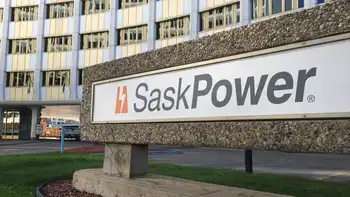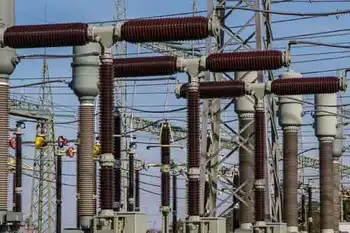New Mexico aims to seize on solar-loan success
All 40 slots in the pilot program were scooped up in 9 minutes.
Berkeley became the first city in the nation to offer a program where homeowners could get loans for solar-energy systems and repay the loans through their property taxes.
Mann's photovoltaic system was up and running by early February. "The fact that there was no payment out of pocket was really helpful," said Mann, from the Berkeley office of his social-network analysis business. "I was completely surprised at how well it went, since this was a pilot program."
New Mexico's Legislature is considering a similar measure sponsored by Rep. Brian Egolf, D-Santa Fe, but the bill hasn't had its first committee hearing. House Bill 572 would allow counties to create solar-energy districts, where homeowners can opt into the district, find a lender and solar-energy installer and have the loan repayment tacked on to their annual property-tax bill. The loans would be good for systems that generate electricity, hot water or hot air from the sun.
Doña Ana County commissioners approved a measure in December asking the Legislature to back similar solar districts, according to the Las Cruces Sun News.
Former Berkeley city staffer Cisco DeVries devised the solar loan program through his Oakland-based Renewable Funding. The city hired Renewable Funding to finance and administer the program. The city approved a special tax district in September and issued bonds. Renewable Funding bought the bonds and made $1.5 million available for the pilot program in November; the money will be paid back through property taxes collected by the city, and the county will earn an additional loan fee to process the property-tax assessment.
"This program has been designed to finance itself," DeVries said.
In the Berkeley program, the estimated payback will be $182 a month in property taxes to pay for a $28,000 solar photovoltaic system over a 20-year loan. That will vary depending on the interest rate and cost of a system, DeVries said.
The Berkeley program, and Egolf's similar proposal for New Mexico, remove the biggest roadblock for most homeowners who want to install solar-energy systems — the upfront cash to install them.
Mann said all he and his wife had to do was show they didn't owe back property taxes and owned the title to their house. Since the loan is tied to the property, not the property owner, the solar loan is included if the home is sold.
The 4.6-kilowatt photovoltaic system should cover 90 percent of his energy needs, Mann said.
California offers a 20 percent rebate on installation costs for solar photovoltaics. The federal government will allow up to a 30 percent tax credit after that. "In effect here, homeowners only pay half the cost of installation," DeVries said.
In New Mexico, homeowners also receive state and federal tax credits.
The tax credits are great, but still leave homeowners searching for upfront cash for solar photovoltaics. The solar-loan program resolves that issue. "We have a market failure with how solar energy is financed in this country," DeVries said. "We can save the planet, make energy and make money."
Palm Springs, Calif., became the second city to adopt the solar-loan program. DeVries said he's working with legislatures in a dozen states on similar measures. "The idea is really taking hold. But it is new," DeVries said. "It makes changes to the way that we think of our homes. It takes some innovative thinking on the part of government at a time when government is strapped."
DeVries said the Berkeley pilot program can serve as a roadmap for other counties, cities and states.
Related News

Sask. Party pledges 10% rebate on SaskPower electricity bills
REGINA - Saskatchewan Party leader Scott Moe says SaskPower customers can expect a one-year, 10 per cent rebate on electricity if they are elected government.
Moe said the pledge aims to make life more affordable for people. The rate would apply to everyone, including residential customers, farmers, businesses, hospitals, schools and universities.
The plan, which would cost government $261.6 million, expects to save the average residential customer $215 over the course of the year and the average farm customer $845.
“This is a very equitable way to ensure that we are not only providing that opportunity for those dollars to go back…




